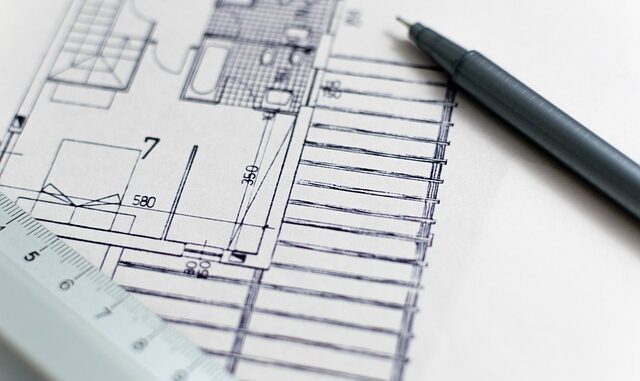
Embarking on a self-build journey is both exciting and challenging. Recent planning reforms have introduced changes that could significantly benefit self-builders, potentially reducing delays and costs. To leverage these reforms and navigate the planning process effectively, consider the following steps:
1. Understand Recent Planning Reforms
Recent planning reforms have introduced changes that could significantly benefit self-builders. (homebuilding.co.uk) Familiarize yourself with these reforms to understand how they can expedite your project.
2. Research Local Zoning Laws and Building Codes
Before you start, it’s essential to understand the local regulations that govern construction in your area. Zoning laws dictate what you can build and where—everything from setbacks and building height to driveway placement. (zamzamhub.com)
Successful low-energy building design hinges on careful planning. Focus360 Energy can help.
3. Seek Pre-Application Advice
Engaging with your local planning authority early can provide valuable insights into the feasibility of your project. Pre-application advice is an informal yet valuable optional step offered by local planning authorities to help gauge the feasibility of property developments, including self-builds. (homebuilding.co.uk)
4. Choose the Right Professionals
Selecting experienced professionals can make a significant difference in the success of your project. Choosing the right architect is a critical step when undertaking a self-build. (homebuilding.co.uk)
5. Develop Detailed Plans and Documentation
Comprehensive and accurate plans are crucial for obtaining approvals and guiding construction. Drafting detailed plans clarifies each step involved in the construction project. (e-architect.com)
6. Prepare for the Permit Application Process
Navigating the permit process can be complex, but thorough preparation can ease the journey. Submitting a permit application that is organized and complete is crucial. (e-architect.com)
7. Set a Realistic Budget and Timeline
Financial and time management are key to a successful self-build. Setting a realistic budget is crucial to avoid overspending. (loveproperty.com)
8. Prioritize Quality and Safety
Ensuring high standards in construction will lead to a durable and safe home. Health and safety are crucial to avoid legal, financial, and safety risks. (selfbuildangels.com)
9. Communicate Effectively with All Parties
Clear communication with your team and authorities can prevent misunderstandings and delays. Effective communication and organization are key to a smooth planning process. (unifiedhomeremodeling.com)
10. Stay Informed and Adaptable
Keep abreast of any further planning reforms or changes in regulations that may affect your project. Staying informed and adaptable will help you navigate the evolving landscape of building regulations.
By following these steps, you can effectively navigate the building planning process and move forward with your self-build project with confidence.


Excellent points! Prioritizing quality and safety is paramount, yet sometimes overlooked in the face of budget constraints. What strategies have you found most effective in ensuring adherence to high standards without significantly inflating costs during a self-build project?
Thanks for highlighting the importance of quality and safety! One strategy I’ve found useful is sourcing materials locally. Often, you can find high-quality options at competitive prices while also reducing transportation costs and supporting local businesses. It’s a win-win!
Editor: FocusNews.Uk
Thank you to our Sponsor Focus 360 Energy
The point about seeking pre-application advice is well-made. Have you found that engaging with local planning authorities early on can also influence the design choices to better align with community standards or sustainability goals?
That’s a great point! Absolutely, engaging early with local planning authorities often opens a dialogue that allows for incorporating community feedback and sustainability initiatives into the design. It’s not just about feasibility, but also about creating a space that harmonizes with the environment and local values. It is great to collaborate and listen.
Editor: FocusNews.Uk
Thank you to our Sponsor Focus 360 Energy
The emphasis on detailed planning is crucial. What software or tools have you found most helpful for creating and managing these complex self-build plans and ensuring seamless communication among stakeholders?